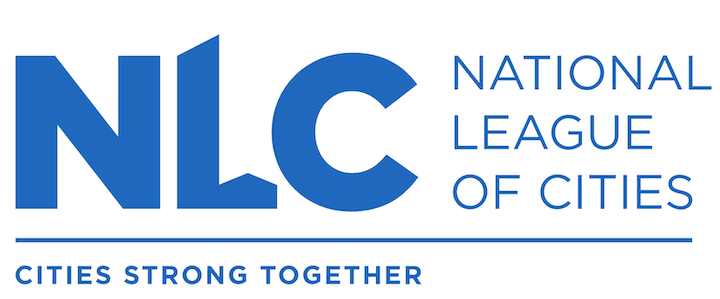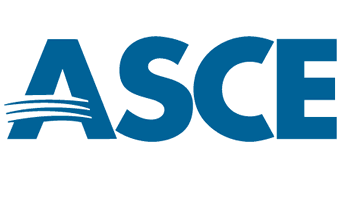Priorities, Barriers & Opportunities in the Municipal Budgeting Process
A recent survey conducted by the National League of Cities (NLC) and the Government Finance Officers Association (GFOA) reveals that 80% of U.S. municipalities prioritize aligning their budgets with strategic outcomes and organizational goals. This shift indicates a move away from traditional line-item budgeting towards more dynamic, results-oriented approaches. The “Rethinking Budgeting” initiative, a collaborative effort by NLC and GFOA, aims to modernize municipal budgeting practices by incorporating insights from behavioral science and decision-making research. The initiative encourages the use of rolling plans that adapt to changing circumstances, ensuring that budgeting remains responsive and focused on delivering tangible community benefits.
Despite this progress, municipalities face several challenges in implementing these advanced budgeting techniques. Over half of the survey respondents identified key barriers, including a lack of budgeting and finance knowledge among elected officials, limited organizational capacity for budget improvements, inadequate processes for meaningful resident engagement, and difficulties in linking budget line items to specific organizational outcomes. These obstacles highlight the need for enhanced communication skills among budget officers and the importance of involving a diverse range of stakeholders in the budgeting process. By addressing these challenges, municipalities can foster greater transparency, accountability, and public trust in their financial decision-making.




